by Dakota Antelman
Less than a week into her high school softball career, McKayla Shutt thanked her coaches for treating her just like the rest of her teammates.
Born without a full-sized left hand or fingers on that left hand, Shutt faces difficulties in softball that her teammates and opponents do not. But, after roughly her first year of high school play, she remains happy that her coaches don’t use her disability as a reason to go easy on her or keep her off the field.
“The coaches treat me like everyone else,” she said. “I do the same amount of catching, the same amount of throwing, the same skills that everyone else is taught.”
The backup first basemen and backup catcher on the eighth grade softball team, Shutt plays by first catching the ball with a glove on her right hand. She then drops the glove with the ball still inside of it, and finally picks the ball out of the glove to throw it also with her right hand.
Her coach, Catherine Brow, said she was impressed by Shutt’s ability.
“She does it so quickly especially when she’s behind the plate,” Brow said of Shutt’s fielding. “She catches it, and, by the time she’s standing up, she has the glove down, the ball in her hand and she’s ready to throw. It’s such a quick change. You don’t even notice it.”
While Shutt has played other sports, including field hockey, soccer and basketball, she has spent a considerable amount of time playing softball. She began playing t-ball in kindergarten and has progressed ever since.
Over the years, however, she has not found the kind of honest criticism from coaches she currently enjoys.
“[Before this year,] if I didn’t catch as well in one inning, my coaches would be like, ‘Oh it’s fine, shake it off,’” Shutt said, adding, however, that she loved all her coaches. “But here, the coach that I have will tell me, ‘You weren’t as good as you could have been.’ It’s nice to hear them say that.”
Catherine Brow sees this inclusivity as a core coaching value. In accepting Shutt with open arms, and treating her just as she does any other player, she also said she feels driven by her job as a paraprofessional and her ongoing education to become a special education teacher.
“Everybody should have the same opportunity,” she said. “Nobody should have anything held against them because of their disability. I’m not going to treat her any differently. I’m going to give her the same chance I give everybody else.”
Passivity by her own coaches was not Shutt’s only problem before high school. Indeed, opposing coaches, she said, would doubt her ability to play or question her when she dropped her glove and threw the ball with the same hand she caught it with.
“I’ve proven most of them wrong,” she said.
In dealing with naysayers, Shutt said her mother has been a crucial source of support.
“Obviously, she has two hands,” Shutt said. “But she has been there for me during everything with sports, especially when people are giving me a hard time about it.”
While some of her past coaches treated her differently or even questioned her ability, Shutt said her teammates have always supported her without question.
“They pick me up when I’m down,” she said. “They know how to cheer me up. They understand that it’s difficult, but they treat me like a normal person, which is really nice. They treat me like I have two hands.”
She added that this was the first year that she and all of her softball friends have played on the same team. Before this year, they were scattered among teams playing in a town league.
As the year progressed, Shutt said the new competitive atmosphere helped her improve. During the season, she made a major batting adjustment, switching from a conventional batting stance to a “slapper” stance. Before high school, Shutt hit using her one right hand. With Brow as her coach, she learned to bat from the other side of the plate while running towards the ball.
“I think that’s helped her a lot,” Brow said the day after one of the team’s practice. “She was hitting very well yesterday, and that’s definitely an improvement for her.”
Shutt hopes to one day become the starting varsity catcher. After her eighth-grade season, one in which she said she saw no special treatment, she said she now sees a clear way to make that happen.
“Since I came to the high school, I’ve talked to the coaches about it, and they’ve told me what I needed to correct,” she said. “They’ve been working with me on it. I think I’ll get there.”
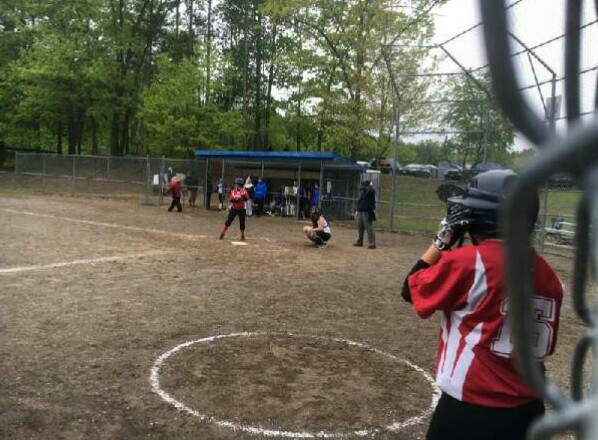
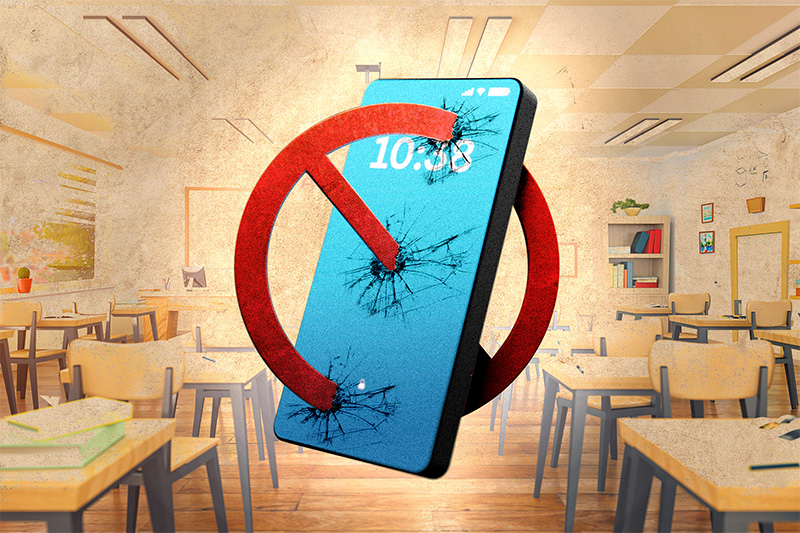
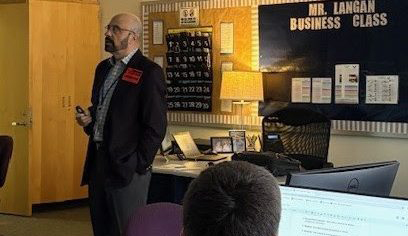
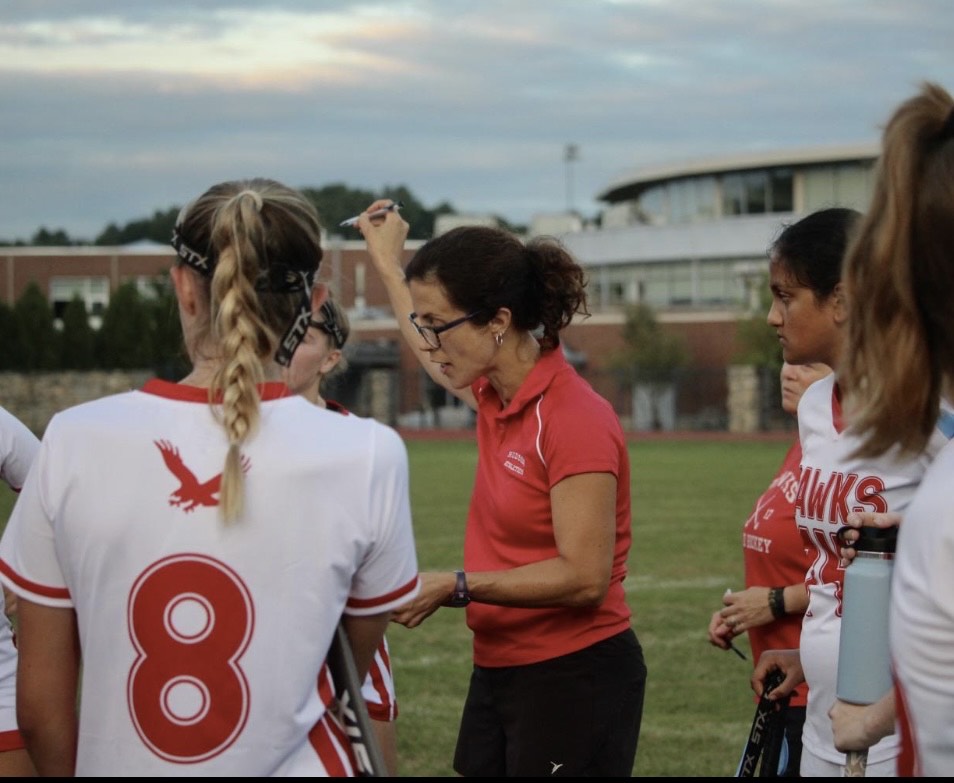
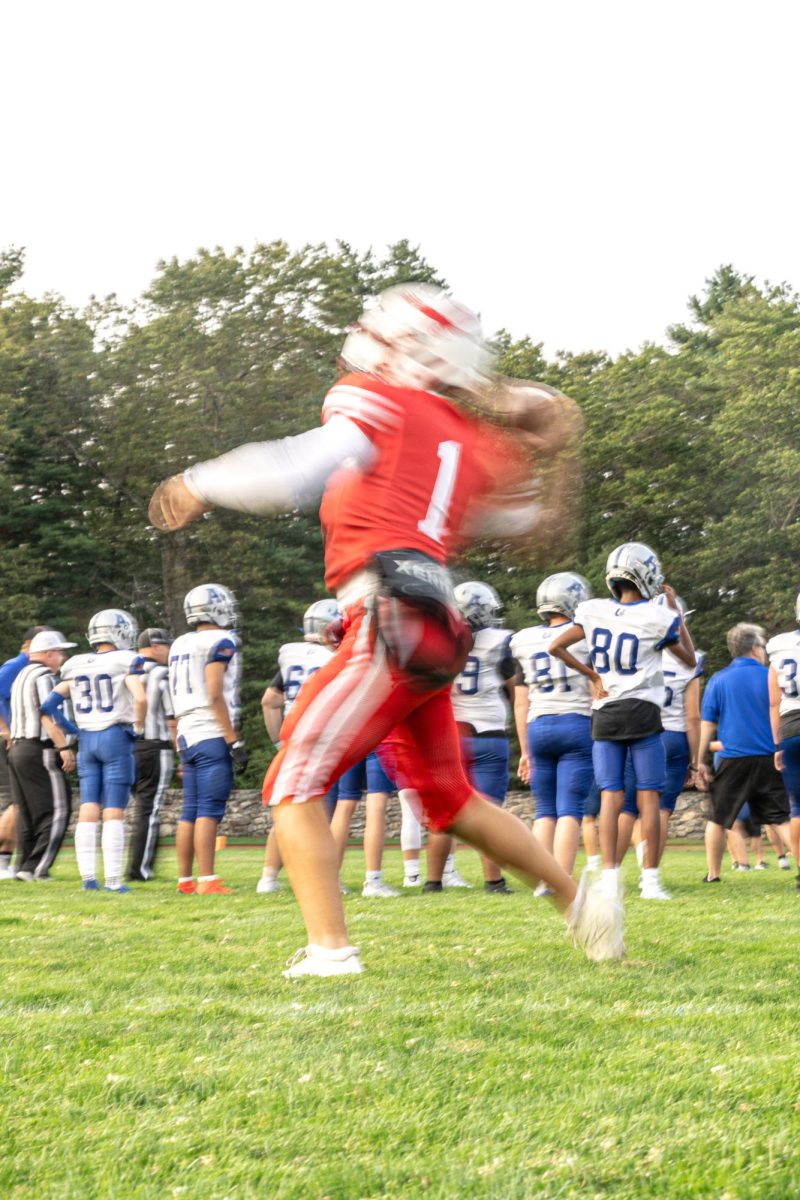
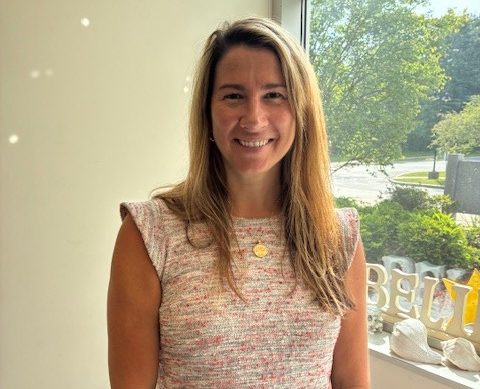
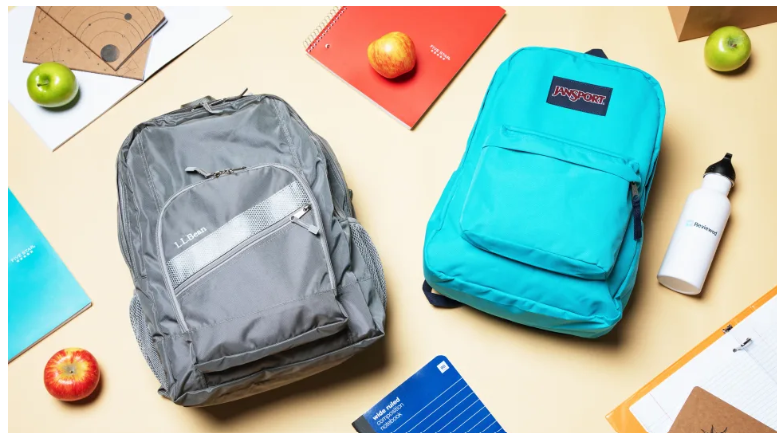
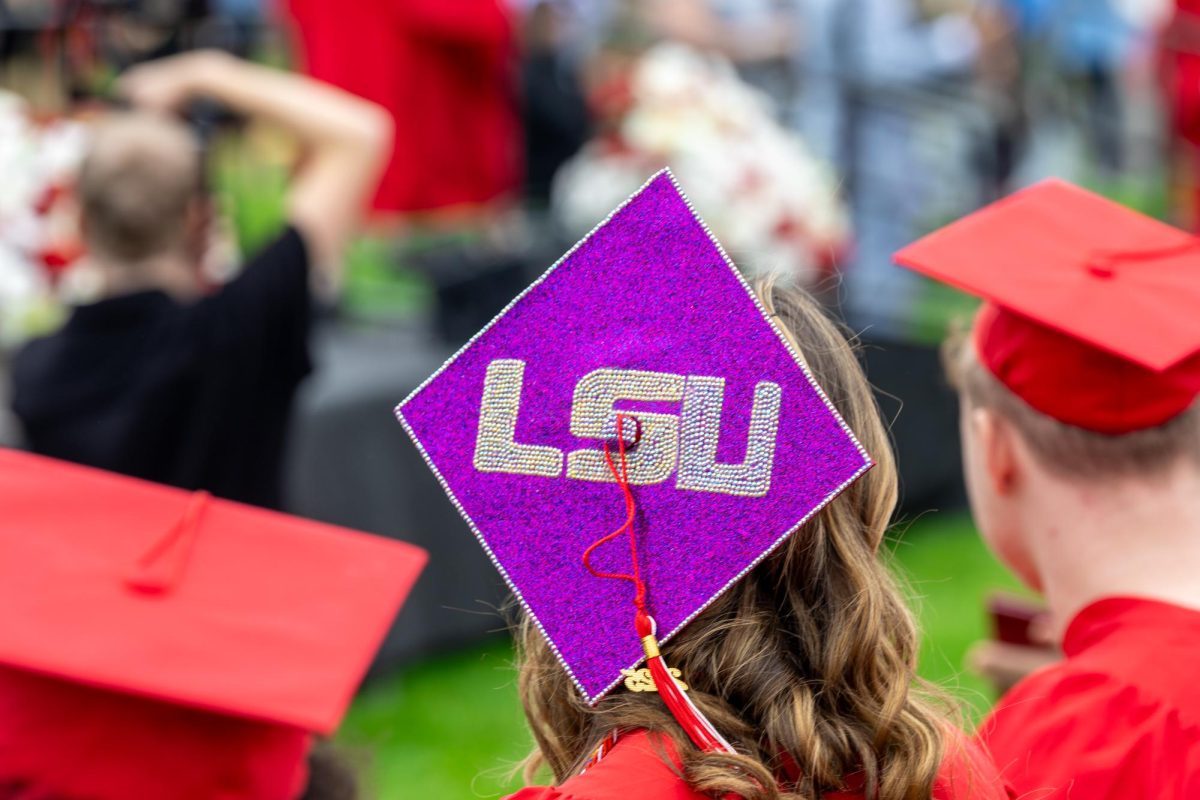
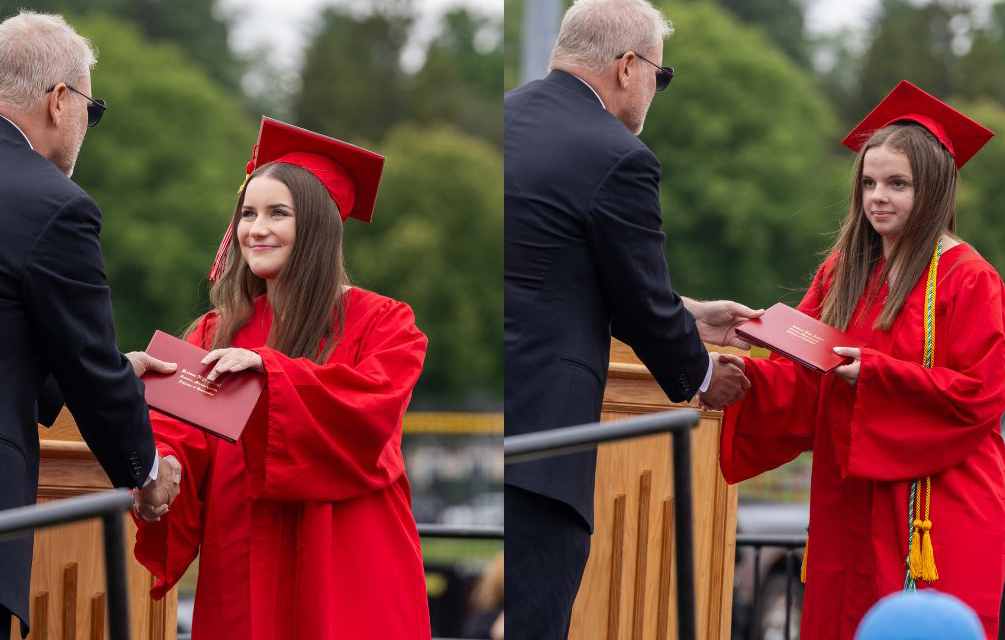
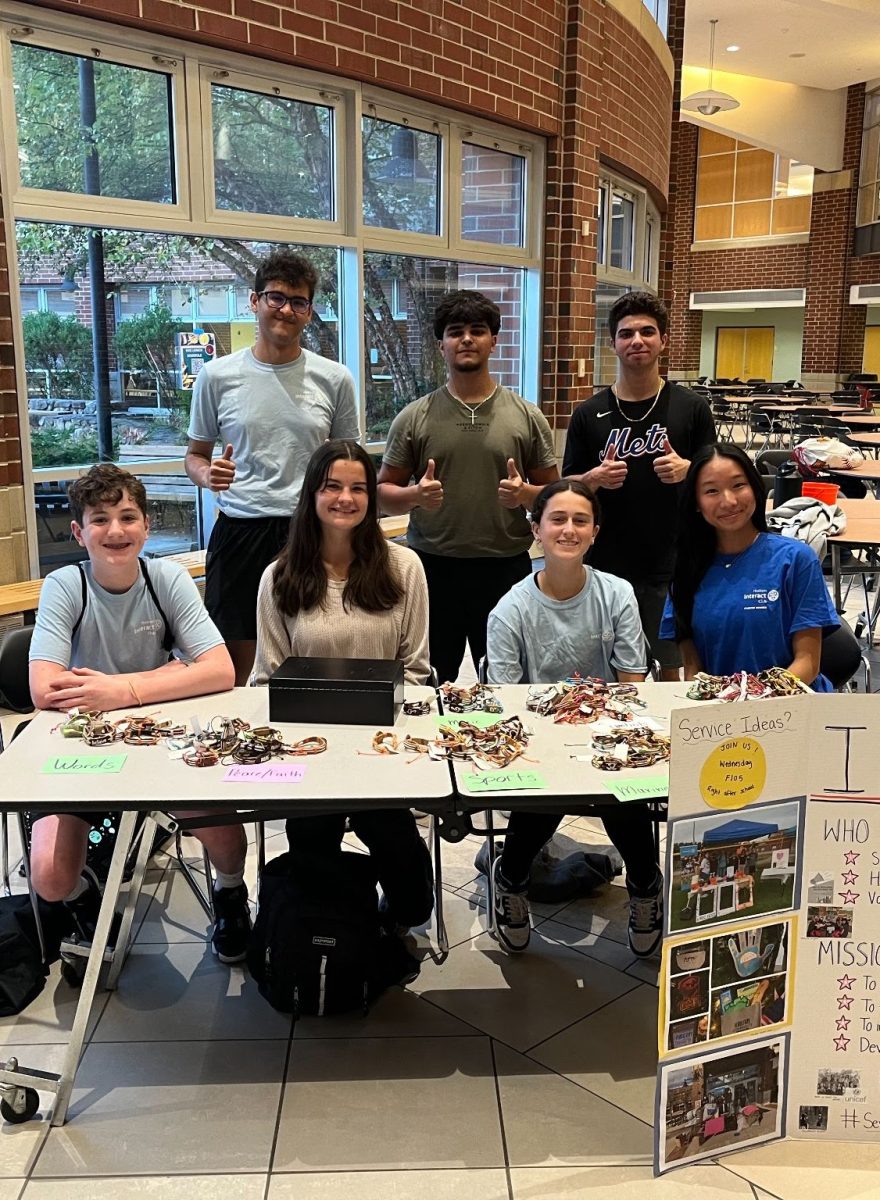
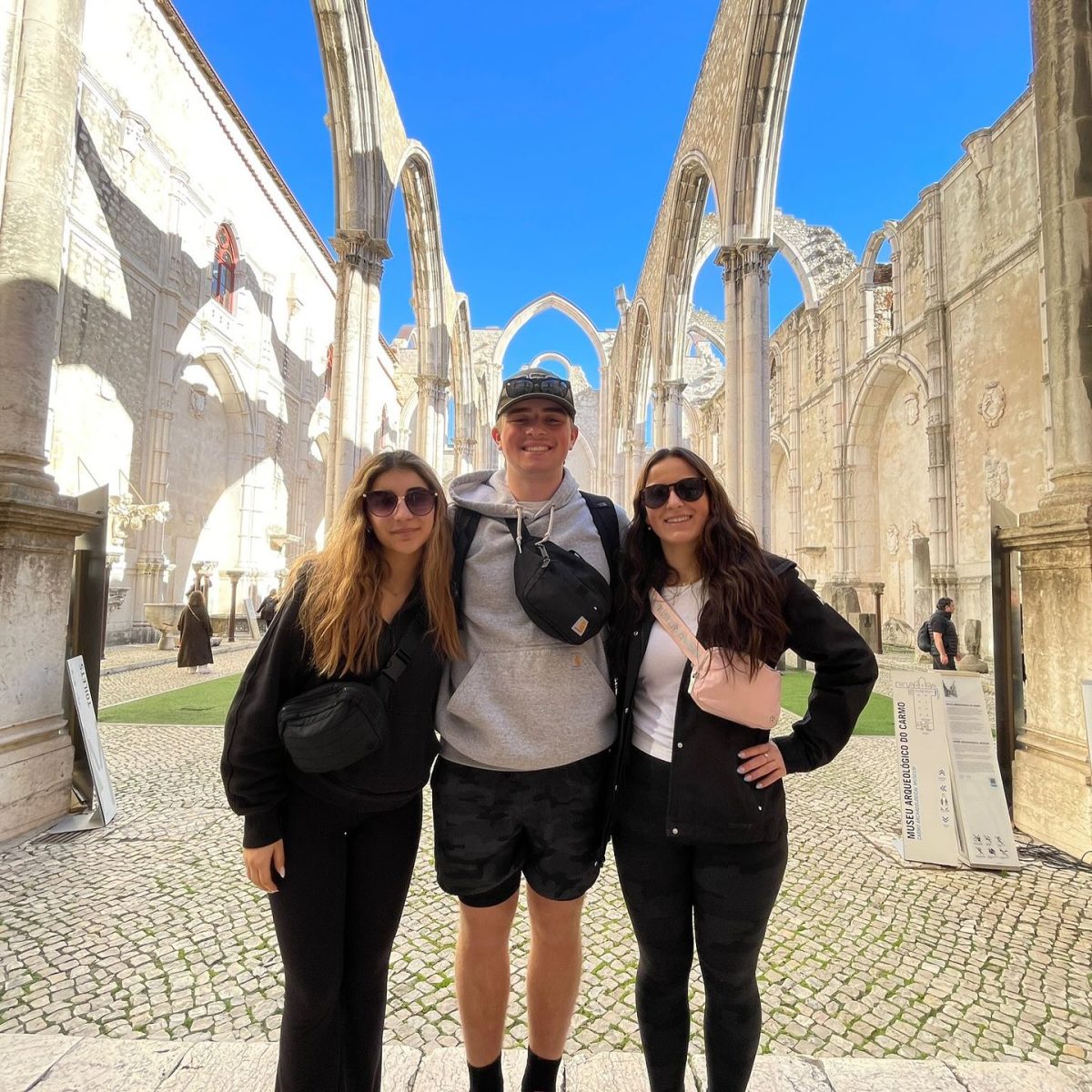
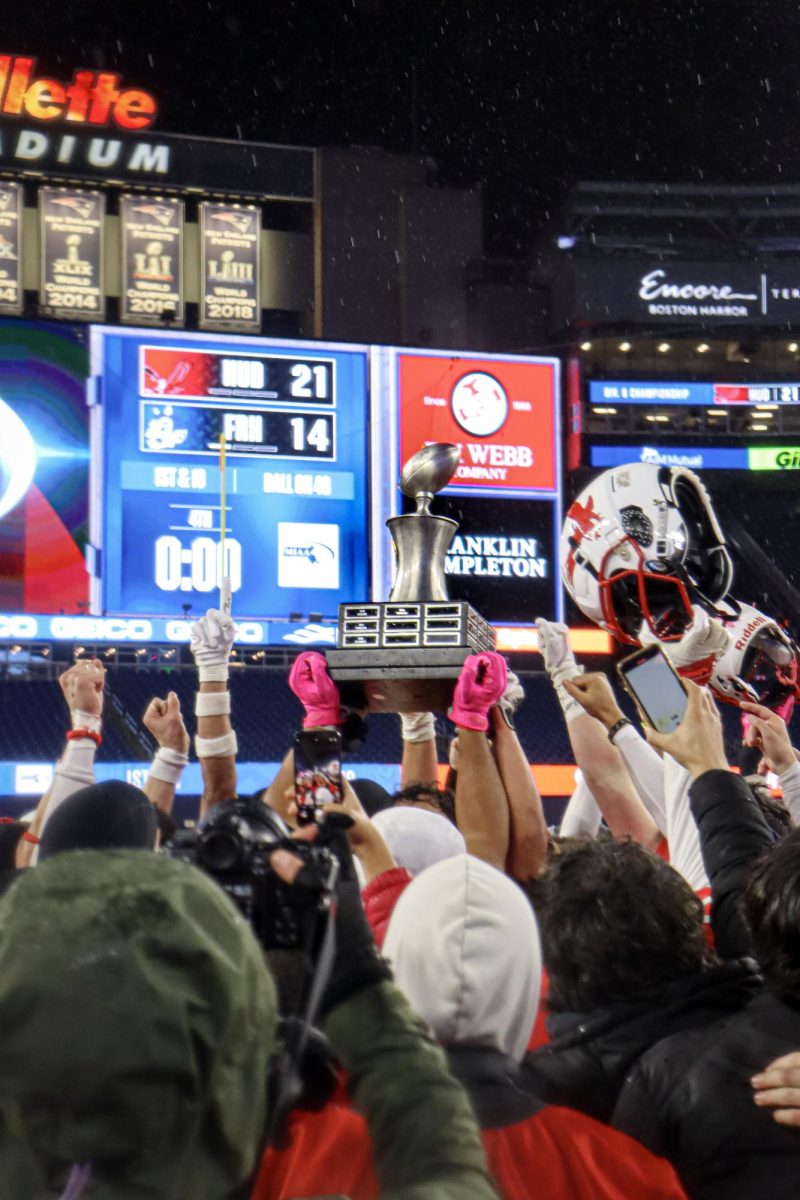
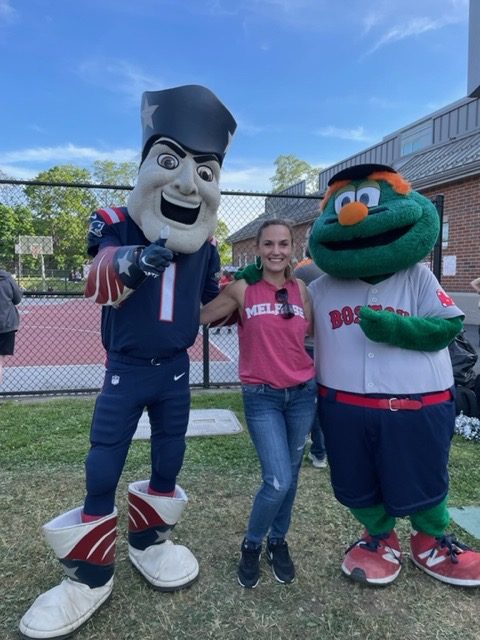
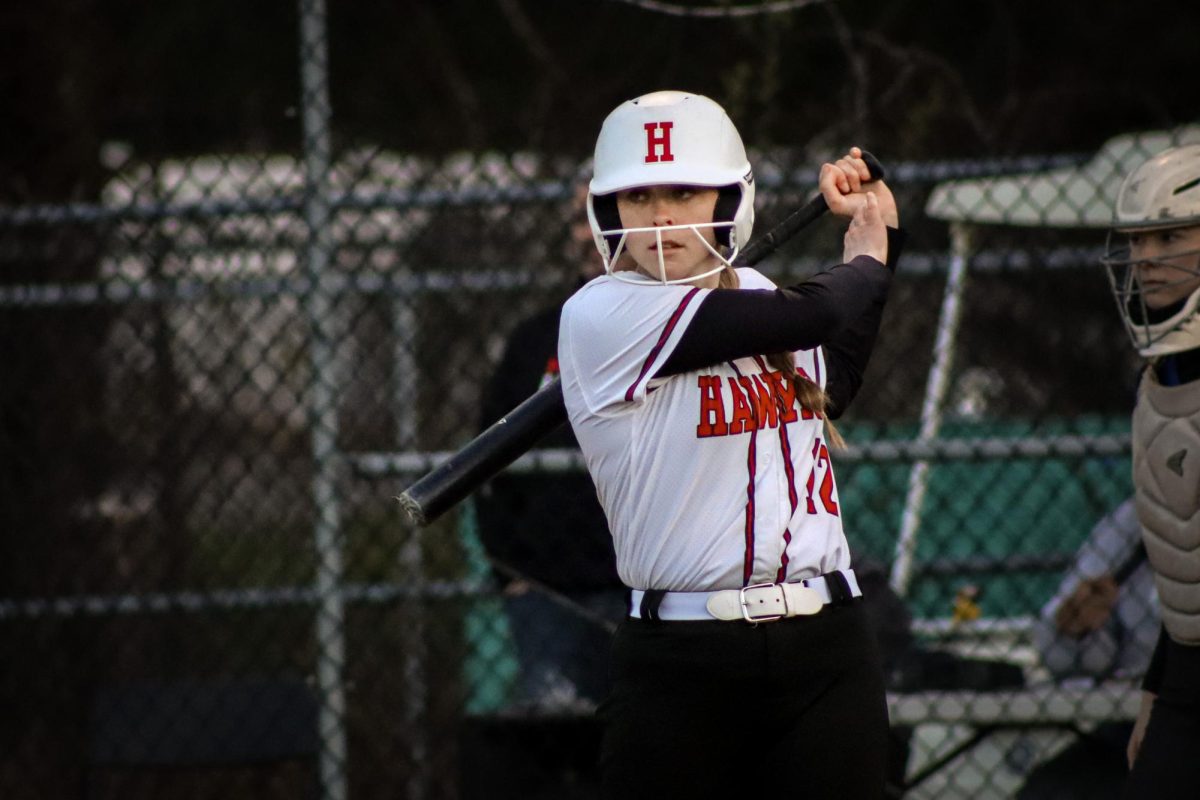
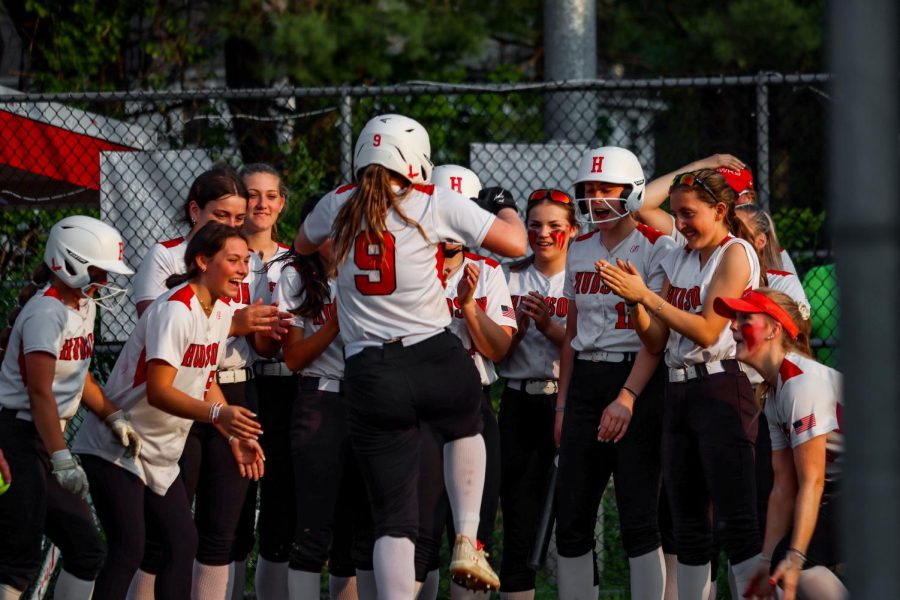
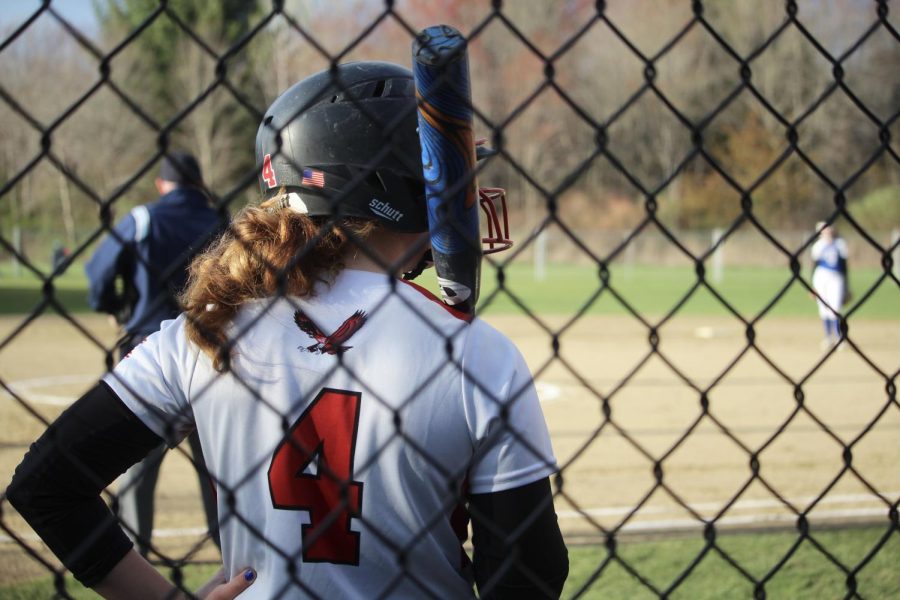
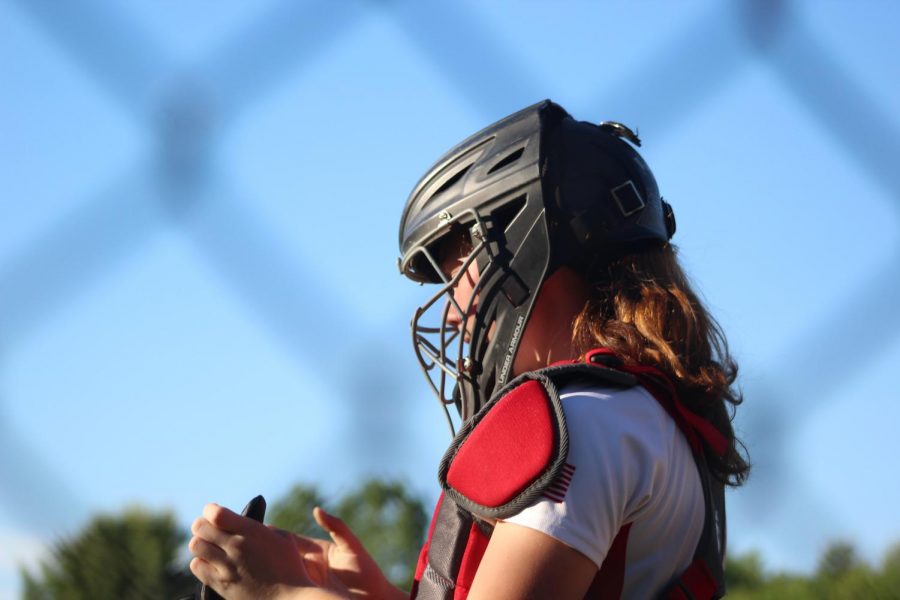
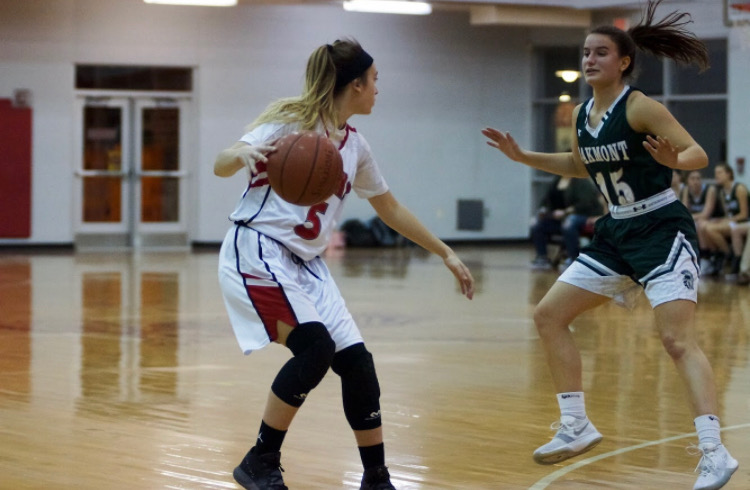
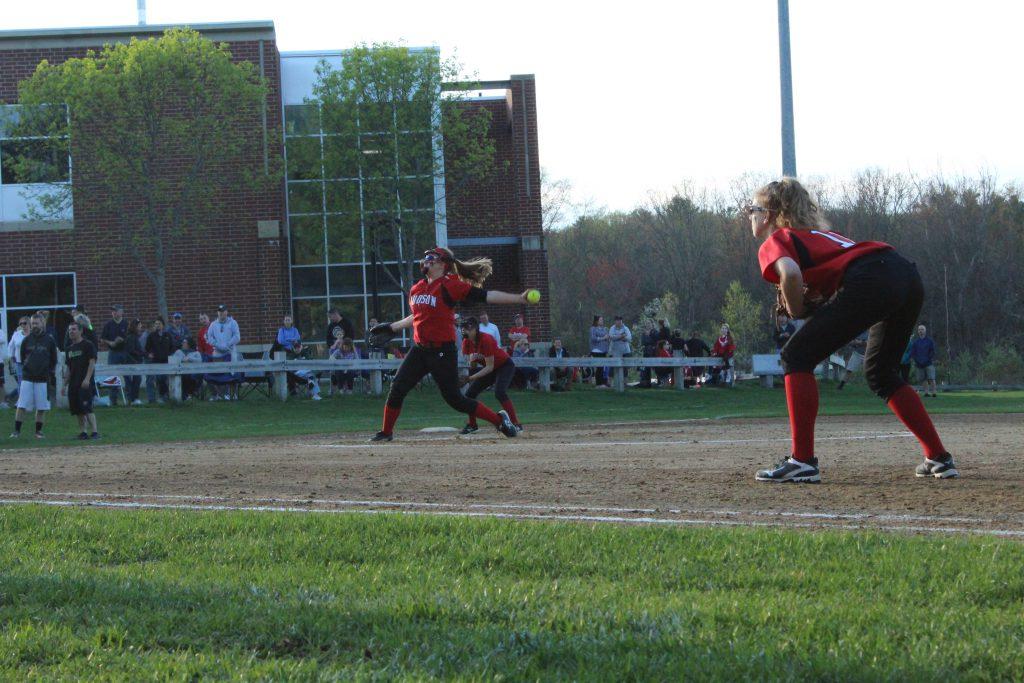
Carol Hobbs • Jun 6, 2017 at 1:07 pm
Amazing story, Dakota. The Big Red seems to have a whole series of stories this year on ability and accessibility. You folks do your school proud!
Joshua Otlin • May 31, 2017 at 10:15 pm
Inspiring. Thanks for covering this story, Dakota.